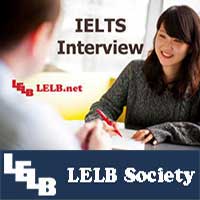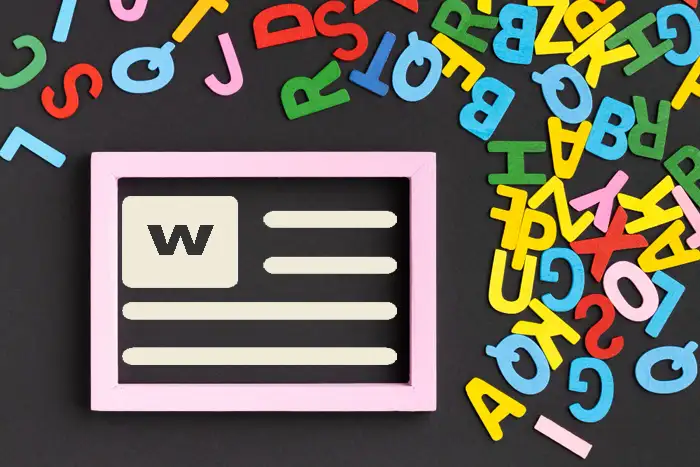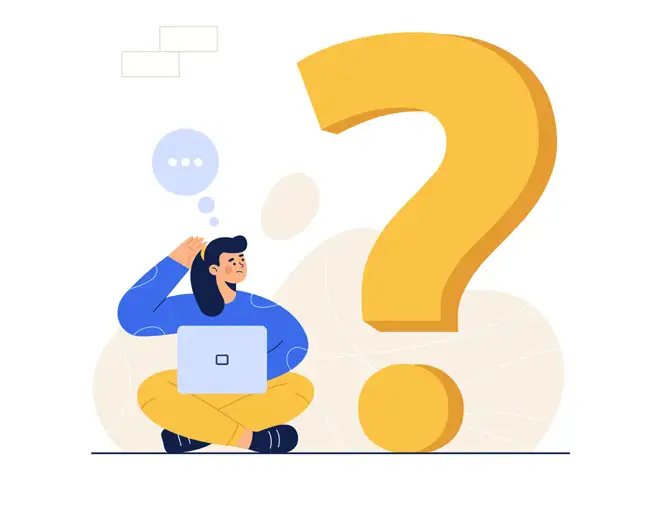Examiner’s Notes
- You should only answer the questions posed to you. Do not try to give extra information, such as I’m happy to have this discussion with you as my examiner.
- I’ve saw those words :arrow: I’ve seen those words.
- As you know better than me :arrow: In the real interview, you should not act as if you already knew the examiner. Just answer the questions.
Part 2: Topic Card
Topic Card:
Describe one of the best books you have ever read. You should say:- What its name is
- What it is all about
- Why you like this book so much
- How you learned about it
|
Additional Questions
Examiner’s Notes
- It’s crucial to be aware all of the techniques :arrow: … to be aware of all of the techniques …
- Push you through the life :arrow: push you through life
- You did not manage your time appropriately.
- You failed to explain how you learned about this book.
Part 3: Follow-up Discussion
Questions:
- How much time do you spend reading books in a daily schedule?
- Do you prefer E-books or paper books?
- Elaborate on your studying preferences or styles?
- Do you believe people these days read enough in comparison to the past?
- Can you compensate for reading books in another way?
- Do we have any substitute for reading books?
Examiner’s Notes
- Underline some lines :arrow: underline some words / points
- You’re completely understanding those subjects :arrow: you completely understand those subjects
- Do not use understand in a progressive or continuous form.
- In my point of view :arrow: from my point of view
- It’s much better to say mass media instead of press.
- Workplaces which is :arrow: workplaces which are
Overall Assessment
- Accuracy and Grammar: 88%
- Fluency: 93%
- Lexical Resources: 95%
- Pronunciation: 98%
- Relevancy: 80%
target="_blank" rel="noopener noreferrer">
Watch this interview on YouTube.


